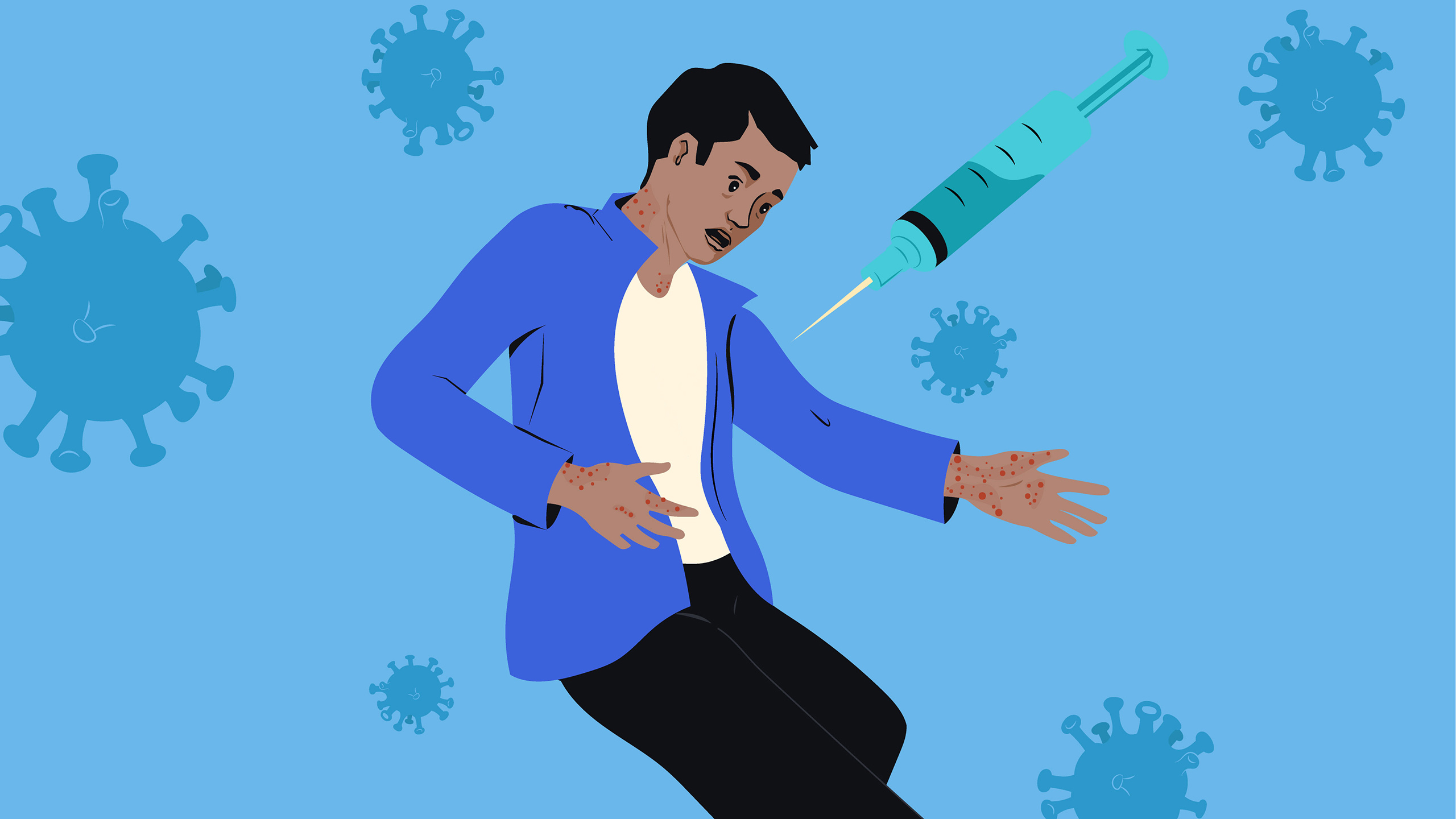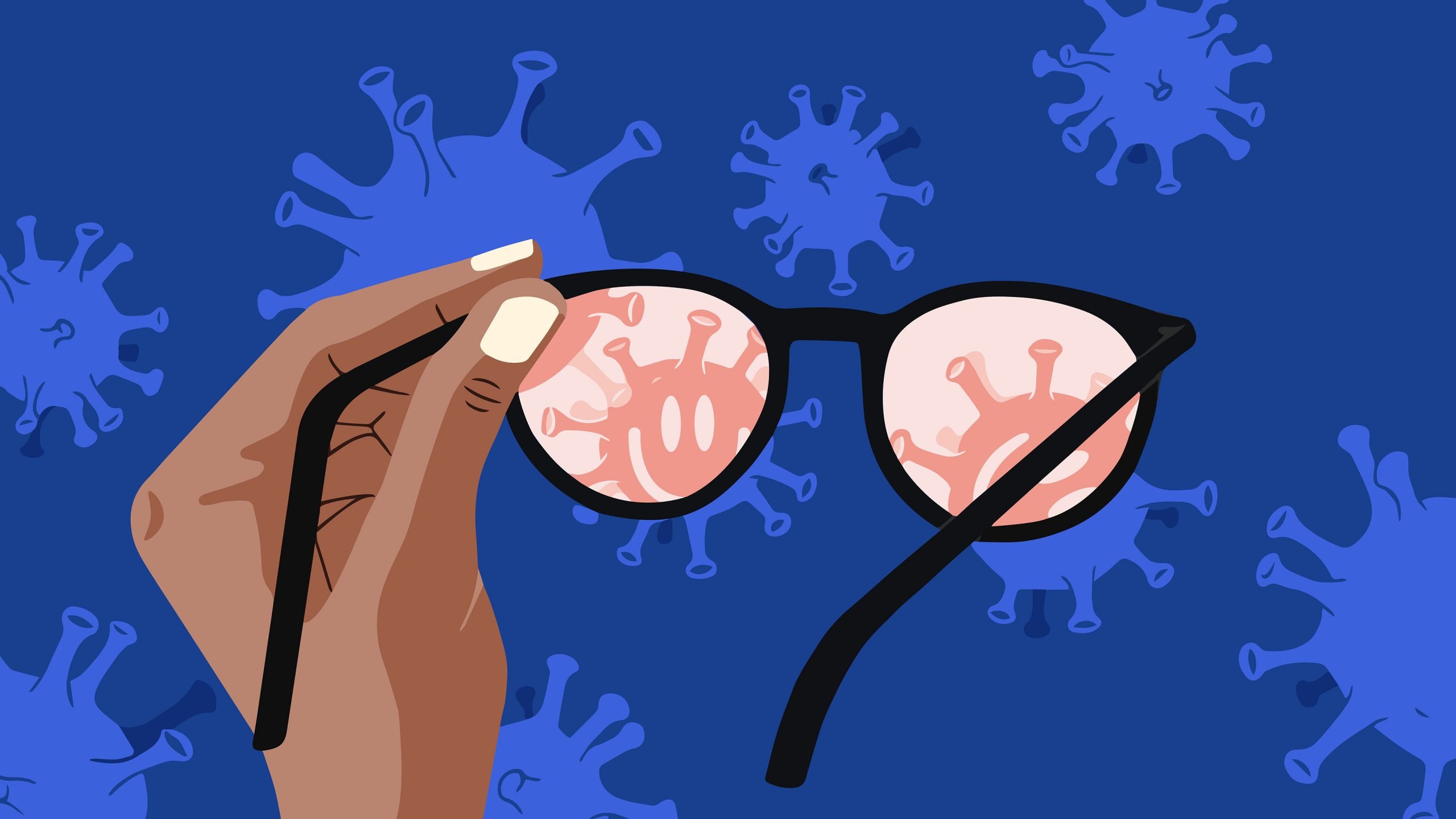| Conspiracist ideation | Big Pharma | Pharmaceutical companies conspiring to profit over people or test new drugs. |
| Conspiracist ideation | Government cover-up | Health authorities and companies conspiring to withhold important information from the public. |
| Conspiracist ideation | Population control | Vaccines are a way to sterilize, depopulate or track the existing population. |
| Conspiracist ideation | Targeting marginalised groups | Vaccines are intended to harm disadvantaged groups or poor countries. |
| Conspiracist ideation | Made-up threat | Vaccine-preventable diseases are exaggerated or do not exist. |
| Distorted risk perception | Vaccination is unnecessary | General arguments portraying vaccination as unnecessary, redundant or unimportant. |
| Distorted risk perception | Disease is not serious | Diseases are perceived as mild or even positive for child development and the immune system. |
| Distorted risk perception | Misperception of risk | Dismissal of the risk of getting the disease, considering its incidence to be irrelevant. |
| Distorted risk perception | Cost-benefit analysis | Vaccinations are perceived as being riskier than the diseases themselves. |
| Distorted risk perception | Vaccination is not for me | Lifestyle, religion, good health or natural immunity would be enough to avoid disease. |
| Distrust | Negligent healthcare | Health authorities are incompetent or uncompassionate. |
| Distrust | Untrustworthy data | Vaccinations are experimental and based on incomplete or biased data. |
| Distrust | It is just a theory | Scientific studies on vaccines are based on controversial theories. |
| Distrust | Exaggerated risk | Medical authorities are overreacting and overusing vaccines. |
| Distrust | Financial interests | Information from companies about vaccines is motivated by financial interests. |
| Distrust | Systemic corruption | Healthcare authorities are corrupt and have conflicts of interest. |
| Distrust | Absence of liability | Pharmaceutical companies are not liable for vaccine damage. |
| Distrust | Marginalised groups | Powerful groups oppress the disadvantaged by imposing vaccination. |
| Distrust | Do your own research | Only one's personal research is to be trusted; listening to experts is for lazy people. |
| Epistemic relativism | Truth is relative | Rejection of scientific epistemology and objectivity, claiming that knowledge is relative. |
| Epistemic relativism | Anecdotal evidence | Overreliance on testimonies and personal experiences that contradict scientific research. |
| Epistemic relativism | Epistemic superiority | Alternative perspectives on health as more comprehensive and informed than science. |
| Epistemic relativism | Individualistic epistemology | People are experts on their bodies and children (e.g., mother knows best, intuition and instinct). |
| Epistemic relativism | All or nothing | Impossible expectations: We should not accept anything that is less than 100% effective. |
| Fear and phobias | Side effects | Fear to side effects that are known to be caused by vaccines (e.g., fever, sore arm and fatigue). |
| Fear and phobias | Safety concern | Fear is induced by portraying vaccines as a general safety concern (e.g., hot lots). |
| Fear and phobias | Dreadful injuries | Severe pathological conditions believed to be caused by vaccines (e.g., autism and infertility). |
| Fear and phobias | Toxicity hazard | Vaccines contaminate the human body with toxins, heavy metals and viruses, or alter DNA. |
| Fear and phobias | Contraindications | Rejection due to pre-existing conditions (e.g., allergies, pregnancy and young age). |
| Fear and phobias | Immune compromise | Fear that one's immune system will be compromised or overwhelmed by vaccination. |
| Fear and phobias | Trypanophobia | Arguments reflecting extreme fear of injections or hypodermic needles. |
| Moral concerns | Unethical experimentation | Non-consensual experimentation, child experimentation or animal mistreatment. |
| Moral concerns | Anti-abortion position | Moral outrage at the use of cells or tissues from aborted foetuses to produce vaccines. |
| Moral concerns | Sexual promiscuity | Human papillomavirus (HPV) vaccine would be a license for sexual activity at a young age. |
| Moral concerns | Health is not business | Pharmaceutical profits are immoral. |
| Moral concerns | Anti-utilitarianism | It is not morally right to sacrifice individuals for the sake of many. |
| Moral concerns | Bad parenting | Those who rely on vaccination for their child's health demonstrate poor values. |
| Reactance | Resisting coercion | Public health campaigns punishing and harassing people into getting a vaccine. |
| Reactance | Personal autonomy | Vaccine rejection being represented as a free, autonomous or empowered personal choice. |
| Reactance | Vindication of civil liberties | Vaccination is perceived as an authoritarian or totalitarian violation of civil liberties. |
| Reactance | Going against the herd | The vaccinated are ignorant, uncritical or eager to be shepherded by a paternalistic state. |
| Religious concerns | Impurity | Vaccines contain materials that are prohibited (e.g., porcine products and fetal cells). |
| Religious concerns | Appeal to natural order | Vaccines interfere with the natural order of things or are against God's will. |
| Religious concerns | Religious authority | Religious passages or leaders prohibiting vaccination. |
| Religious concerns | The work of god | Vaccinations defile or adulterate the human body, which was created in God’s image. |
| Religious concerns | Religious exemptions | Not allowing religious exemptions to vaccines is perceived as discriminatory. |
| Perceived self-interest | Freeriding | Preference for taking advantage of herd immunity rather than taking the vaccine. |
| Perceived self-interest | Luxury measures | Other people should take the measures that I can afford (e.g., quarantine and social distance). |
| Unwarranted beliefs | Alternative medicine | Traditional and natural remedies have a similar record of healing and no side effects. |
| Unwarranted beliefs | Natural is best | Natural and holistic approaches, mainly those based on body’s natural immunity, are better. |
| Unwarranted beliefs | Overmedicalization | Vaccines overload the immune system. People are getting too many vaccines too soon. |
| Unwarranted beliefs | Alternatives to vaccination | Good lifestyles, hygiene and personal responsibility are preferable to vaccines. |
| Unwarranted beliefs | Science denial | Lack of consensus on the benefits and theories of vaccination. |
| Unwarranted beliefs | Absurd causality | Implausible side effects and contaminants (e.g., autism or active viruses). |
| Unwarranted beliefs | Vaccinated are a threat | Vaccinated people are less healthy, spread diseases or do not take precautions. |
| Unwarranted beliefs | Fallacious logic | Reversed burden of proof and misuse of statistics for causal inferences. |
| Unwarranted beliefs | Disease disappears by itself | The disease will disappear on its own, following a natural cycle. |
| Worldview and politics | Science-related populism | Science and scientists as belonging to a malign elite group opposed to ordinary people. |
| Worldview and politics | Libertarianism | Vindication of civil liberties against medical authoritarianism and overreaching states. |
| Worldview and politics | Politicization of vaccines | The science and actions behind vaccinations is shaped by political and economic agendas. |
| Worldview and politics | Traditionalism | Adhering to one's own cultural tradition is deemed more important than vaccination. |
| Worldview and politics | Rejection of modernity | Concerns raised by groups practicing a lifestyle that avoids modern technology. |











